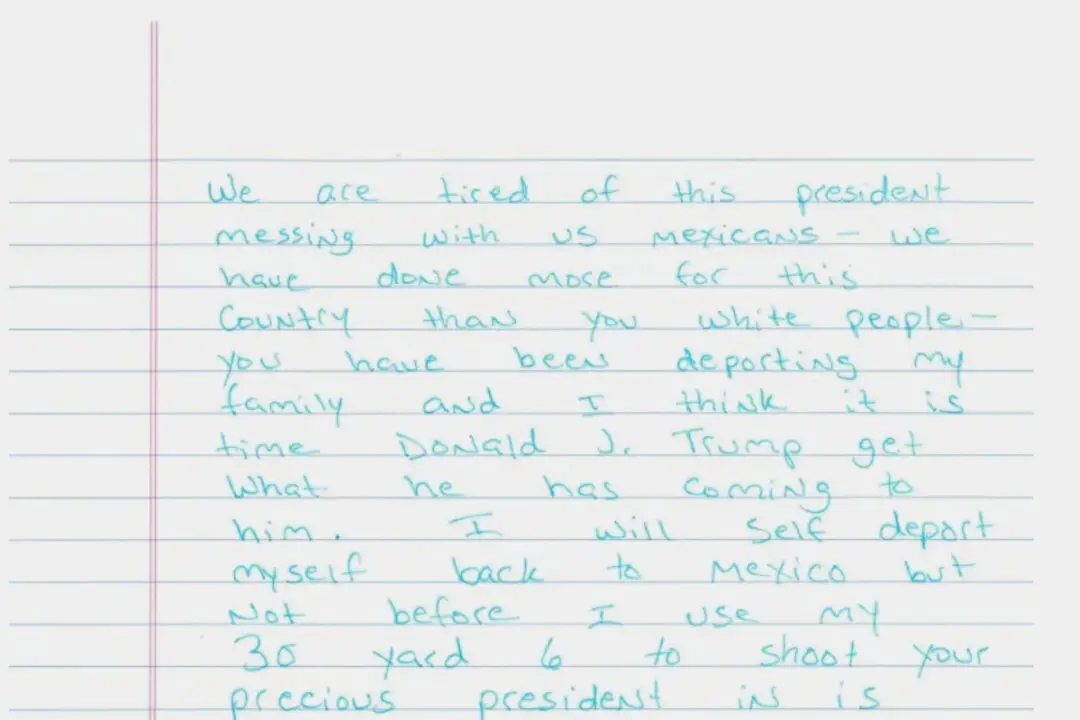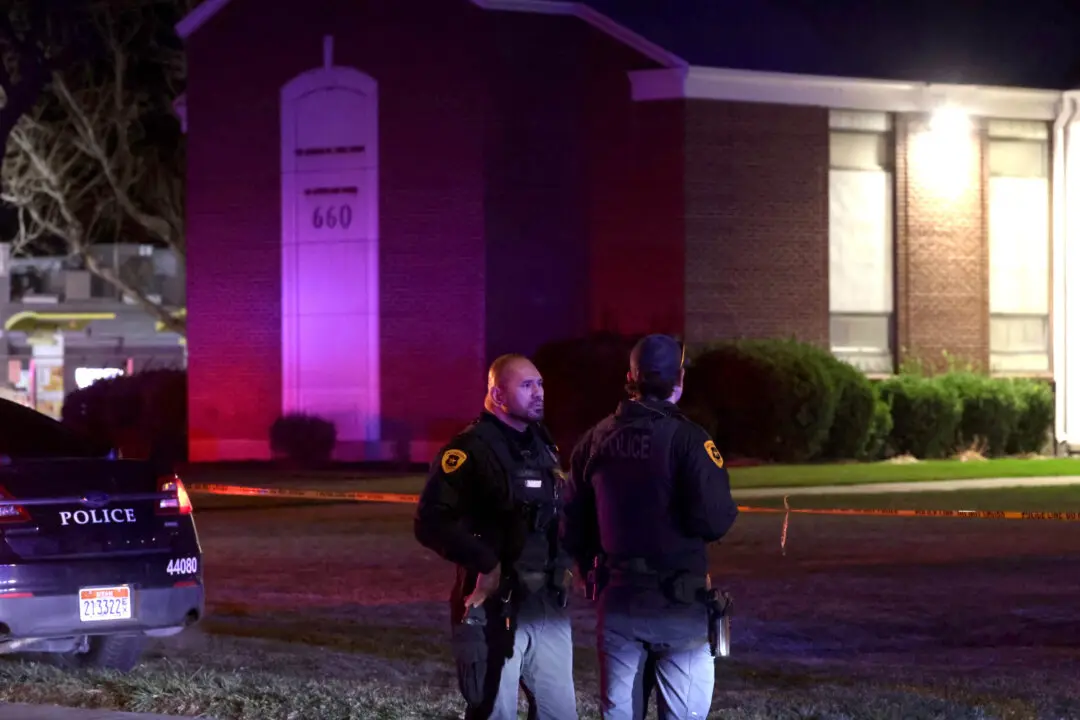BAGHDAD—While many Iraqi Shiites took to the streets in outrage over Saudi Arabia’s execution of a prominent Shiite cleric, the country’s prime minister has had to walk a more cautious line, trying to contain Iraq’s own explosive sectarian tensions.
The execution of Sheikh Nimr al-Nimr has inflamed the sectarian divide across the region. Shiite-led Iran has been the most vocal in its condemnation, and protesters stormed Saudi diplomatic missions in Iran over the weekend. That prompted Sunni-led Saudi Arabia to cut diplomatic relations with Iran, and the kingdom’s allies have lined up behind it, either cutting or reducing their ties with Tehran.
The government of Iraq, however, is straining to keep the peace amid the regional tumult. Iran is a key ally of the Shiite-led government in Baghdad, has helped it in the fight against the Islamic State group, and supports powerful Shiite militias in the country.
At the same time, as the fight against IS extremists enters its second year, Iraq is grappling with the worst political and security crises since the withdrawal of U.S. troops in 2011. Only last week, Saudi Arabia sent an ambassador to Baghdad for the first time in 25 years to try to improve its relationship with Iraq.
In Washington, Brett McGurk, special presidential envoy for the Global Coalition to Counter ISIL, said U.S. Secretary of State John Kerry spent most of Monday on the phone trying to ease tensions in the region.
“We are encouraging a de-escalation, because any time you have regional polarization, regional escalation, it obviously can cause difficulties and it opens up seams for extremists on all sides to take advantage of the situation,” McGurk told reporters Tuesday.





